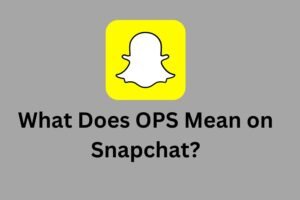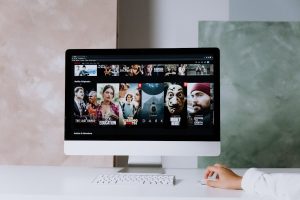Do Americans Pay for TV Sports they Don’t Receive?

In America, up to 80 million homes are still paying for sports channels – which they are not even watching, for the past couple of months. Moreover, they are not going to get any refund for this either. Due to COVID-19, local and college sports have also come to halt. For sports channels, people have to pay around $20 out of total fees. And networks like, ESPN from Disney, Turner from AT&T, NBC Universal from Comcast, and Viacom from CBS have to pay billions of dollars every year.
This is very unfair, and it should be stopped – USA residents should not be paying for the channels they don’t get to watch. Not too long ago in 2020, Attorney General Letitia James asked seven cable and satellite service providers not to charge people for sports channels, they are not getting to watch, thus, the request to reducing the fees.
The contracts with ESPN, usually save it in many ways, even if it doesn’t deliver sports. To some pay-tv ESPN ensures that a fixed amount of sports content is being aired. Cable TV providers such as Mediacom cable, Spectrum, Xfinity or you name it, the ones that offer ESPN or any other sports channels with or without additional charges are always playing evergreen or most desired sports content to entertain their consumers.
In an ideal scenario, if any league gets canceled, chances are that they refund TV fees to programmers. Then the programmers are supposed to return it to the distributor, and distributor to give relief to end-users. While the local channels have different kinds of contracts, they can get refunds too, if leagues get canceled. This is the reason, National BasketBall Association’s owners force teams to play at least 70 games. According to an ESPN reporter, Brian Windhorst, the NBA has promised this number of games to RSNs.
Having said that, the refunds are not mandatory – sometimes they get it, sometimes they don’t. Big channels’ names which include ESPN, ABC, NBC, TNT, TBS, CBS, might hesitate to sue sports leagues for fee refunds – as they don’t want to lose their long term clients. There are already other options for NBA and National Football League like Google or Amazon contracts with them are already in process. And this is the threat that big channels are afraid of, hence, they don’t mess with the leagues over fees issues.
If the leagues start to refund, they might have to cut their players’ fees – which will make players angry, then eventually fans (the viewers) angry as if their favorite players don’t join the league.
Moreover, ESPN has not gone completely off – it is still on. Now, if there would be any refund, it needs to be reasonable for both distributors and channels as well, and figuring out that a reasonable amount is not easy – can be very tricky. Hence, the whole chain is too rigid to be changed enough to start refund policies.
Conclusive Thoughts
As we are trying to find an answer for Are Americans paying for TV sports they don’t receive? The answer to this question is subjective as it looks like in the aforementioned discussion. Americans and people across the world who subscribe to hundreds of channels, end up watching hardly a dozen out of them. Is the scenario similar to the sports channel? Typically, sports content/channels are premium and the viewers pay additional charges for exclusive sports content. Therefore, the ones who have sports channels are the ones who want to watch sports content on their TV screen.
During COVID-19, there have been no sports activities as such locally and internationally both unlike any other. However, the sports content was always being played on the sports channels for sports fans. Furthermore, there have been enough months and those wanted to cut down on these extra charges on their monthly bill would have done that by now! Those who didn’t still like the content that is on sports channels and hence these Americans are paying for the TV sports they are getting. Thus, opinions and decisions vary based on personal preferences. Those that are paying today or had been paying an additional bill are paying because they are getting what they wanted to watch i.e. sports content.






